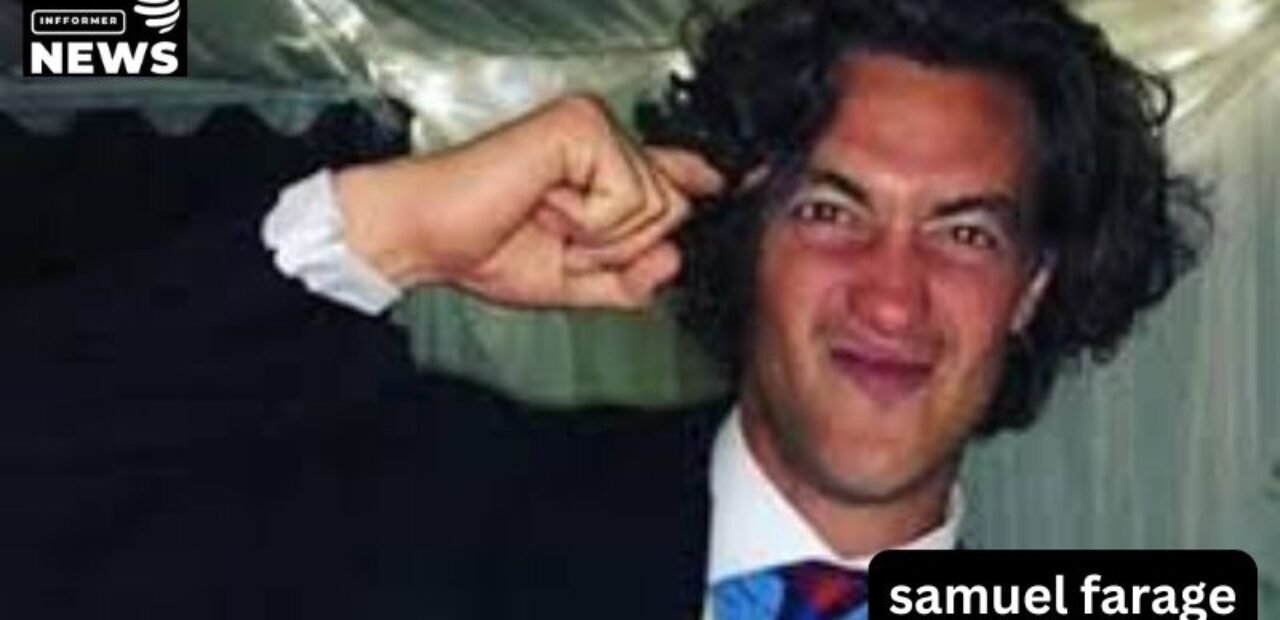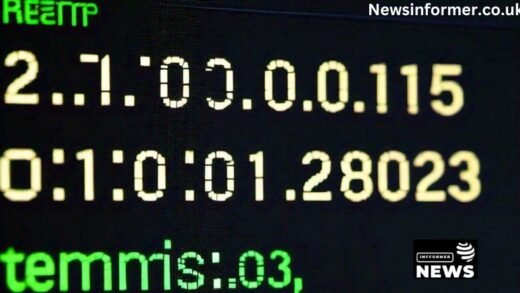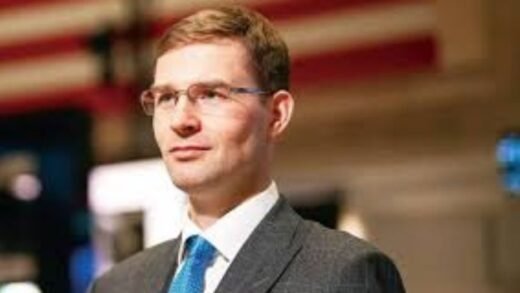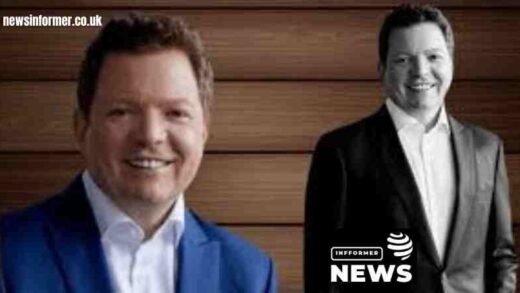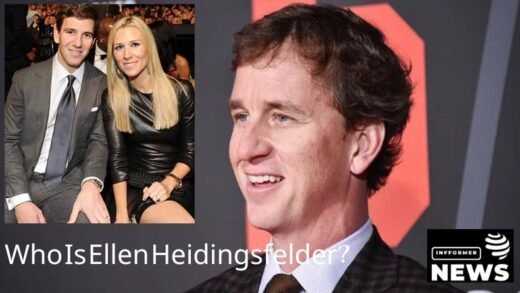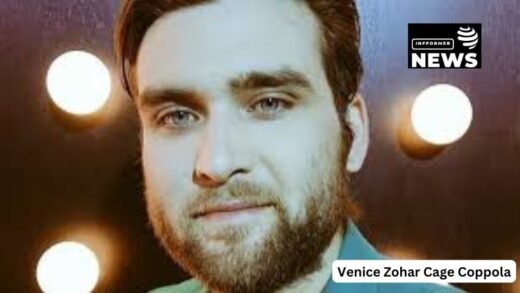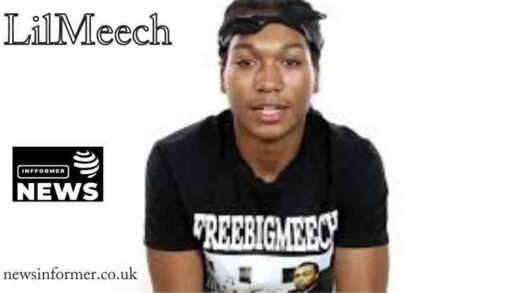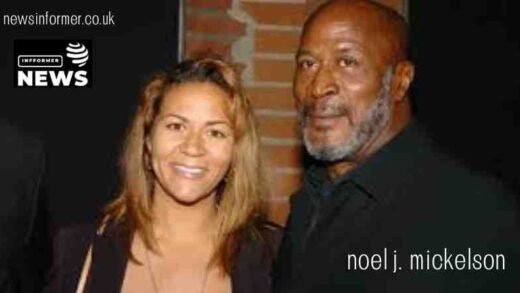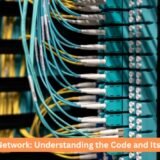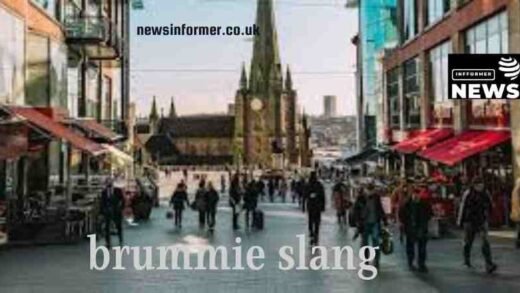Samuel Farage: A Modern Identity Beyond Political Legacy
When you hear the surname “Farage,” it often brings to mind a singular figure in British politics — Nigel Farage, a prominent and often controversial advocate of Brexit and former leader of the UK Independence Party (UKIP). However, behind the headlines and the political thunder, another member of the Farage family is quietly making his way: Samuel Farage. As Nigel Farage’s son, Samuel has grown up surrounded by political turbulence and national media attention. But unlike his father, Samuel is forging his own identity — one that mixes business acumen, personal discretion, and an evolving approach to public engagement.
Samuel Farage is not yet a prominent name in national discourse, but that doesn’t mean he lacks influence or vision. In fact, his deliberate approach to managing both his public and private life marks him as a figure worth watching. This article explores the life, ambitions, and growing impact of Samuel Farage — a man emerging from the shadow of a famous father and creating a legacy that may prove to be uniquely his own.
Early Life: A Private Path in a Public Family
Samuel Farage was born into a high-profile political family during one of the most turbulent periods in recent UK history. Growing up in the Farage household meant being surrounded by media, political controversy, and an ongoing national conversation about Britain’s place in the world. But despite this politically charged environment, Samuel’s own life remained largely out of the spotlight.
Little is known publicly about Samuel’s early education or formative experiences, and this may be by design. In an age where the children of public figures often become celebrities in their own right, Samuel’s low profile is refreshingly different. While it is safe to assume that politics and current events were regular topics at the dinner table, Samuel Farage appears to have taken a different route from the outset — one rooted in business and independent thinking.
This deliberate separation from the political spotlight suggests that from a young age, Samuel Farage valued autonomy. Choosing not to immediately attach himself to his father’s legacy, he instead explored his own ambitions, which would eventually lead him into the world of entrepreneurship and quiet leadership.
Entrepreneurial Spirit: Business Over Politics
Unlike his father, whose life has been defined by political activism and public speaking, Samuel Farage has embraced the private sector. He has taken on directorial roles in various businesses, operating across industries like hospitality, food service, and investments. These include enterprises such as 18V Management Limited and Chips A Gogo Ltd, where he plays a role in commercial strategy and business development.
Samuel Farage’s business interests appear to focus more on operational stability and long-term growth rather than speculative ventures or tech startups. This conservative yet steady approach to business reflects a grounded mindset — one that values real-world experience, financial prudence, and consistent performance.
What stands out about Samuel’s business journey is the absence of spectacle. Unlike many young entrepreneurs who rely on viral marketing or controversial stunts, Samuel Farage’s methods are quieter and more focused. This suggests that he prefers results over recognition, substance over flash — a rare quality in an age dominated by personal branding and self-promotion.
Navigating Politics: Close to the Action, Yet Distant
Given his last name, the assumption that Samuel Farage might be politically involved is understandable, and to some extent, it’s true. He has been loosely associated with Reform UK, the party formerly known as the Brexit Party, which was spearheaded by his father. Reform UK positions itself as an anti-establishment alternative that challenges the traditional left-right divide in British politics.
However, Samuel has yet to make any formal or vocal entrance into political leadership. There’s no campaign trail, no fiery speeches, and no divisive rhetoric. His presence in the political realm is more suggestive than declarative. It appears that Samuel is more comfortable influencing from the periphery rather than stepping into the arena directly — at least for now.
This subtle alignment with political ideas without overt political ambition paints Samuel Farage as a strategic thinker. He may share some of his father’s views on reform and governance, but his tone and methods differ significantly. If he does ever decide to step into politics in a serious way, he may very well approach it with more pragmatism and less theatrics than his predecessors.
Personal Life: Guarded, Grounded, and Intentional
What also sets Samuel Farage apart is his approach to personal exposure. He has been notably private compared to many public figures of his generation. In a time when social media often serves as a megaphone for self-promotion, Samuel uses these platforms sparingly. When he does appear — whether it’s through a lighthearted dating profile quip about debating Brexit or a snapshot from a business trip — it feels intentional rather than impulsive.
This discretion suggests a strong sense of self-awareness. While the Farage name inevitably attracts media attention, Samuel appears adept at managing his narrative, sharing only what is necessary or strategic. This gives him a level of control over his public image that many of his contemporaries struggle to maintain.
It’s not just a matter of avoiding controversy. Samuel Farage’s reserved public persona hints at a deeper understanding of modern branding — one where mystery and minimalism often speak louder than constant exposure.
The Shadow of Nigel Farage: A Comparison That Can’t Be Ignored
No matter how quietly Samuel Farage carves his path, comparisons to his father are unavoidable. Nigel Farage is a political giant — fiercely charismatic, endlessly quotable, and often divisive. In contrast, Samuel is quieter, more calculated, and less confrontational.
But that doesn’t mean he lacks influence or intent. Where Nigel thrived on the chaos of the political battlefield, Samuel seems to prefer structure, planning, and strategic positioning. If Nigel was the storm, Samuel might be the architect — someone who builds from the foundations, rather than battles in the open.
This difference is crucial. While Nigel Farage has largely operated on a platform of disruption, Samuel appears to focus on construction. The contrast may ultimately prove to be a strength, as Samuel navigates a Britain that is increasingly fatigued by polarizing rhetoric and is instead looking for thoughtful, competent leadership.
Looking Ahead: Samuel Farage’s Quiet Momentum
Though he has not sought the limelight in the way his father did, Samuel Farage is slowly becoming a name of interest, particularly among those watching the next generation of UK leadership. Whether his future lies solely in business or evolves to include a more direct political role remains to be seen.
One thing is clear: he is laying a foundation for influence. Through consistent business activity, a controlled public persona, and selective political associations, Samuel Farage is positioning himself as a thoughtful and adaptable figure — someone who understands both the legacy he carries and the potential that lies ahead.
In many ways, he represents a new archetype in public life: the modern operator. Not flashy, not radical, but steady and strategic. And in a world that’s often overwhelmed by noise, that approach may be exactly what’s needed.
Conclusion: A Legacy Rewritten
Samuel Farage is not simply the son of Nigel Farage — he is his own person, with his own ambitions, and increasingly, his own influence. Through careful business moves, restrained public engagement, and a quiet confidence, he is crafting a new narrative for the Farage name — one that is less about controversy and more about competence.
Whether or not Samuel Farage chooses to fully enter the public sphere, he already represents something valuable: the possibility of evolving a legacy without being consumed by it. In this way, he doesn’t just carry the Farage name — he redefines it.

